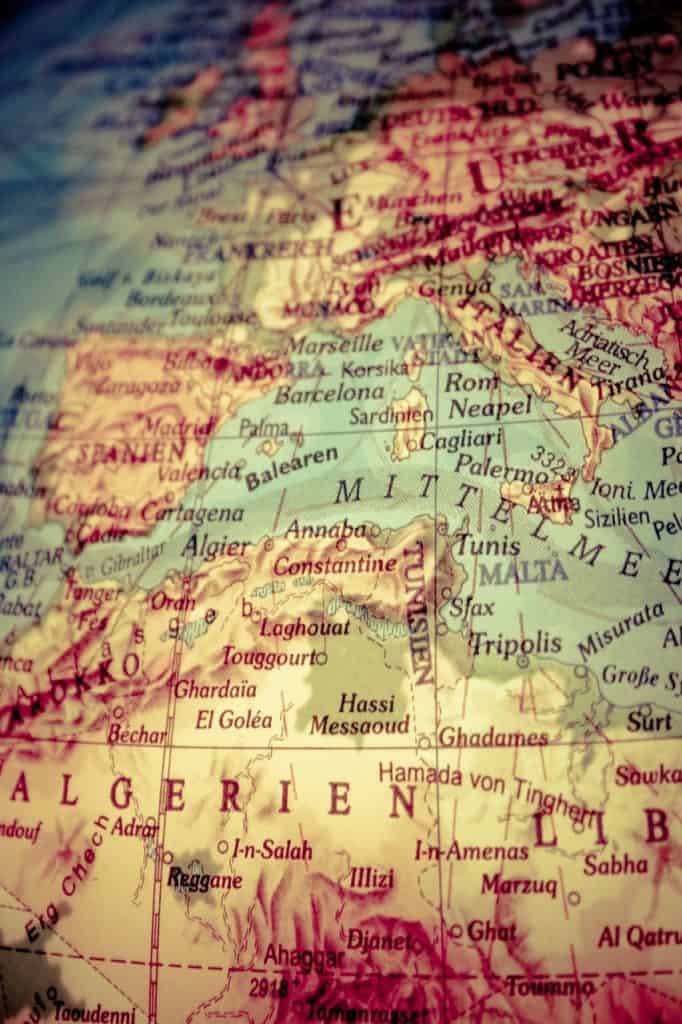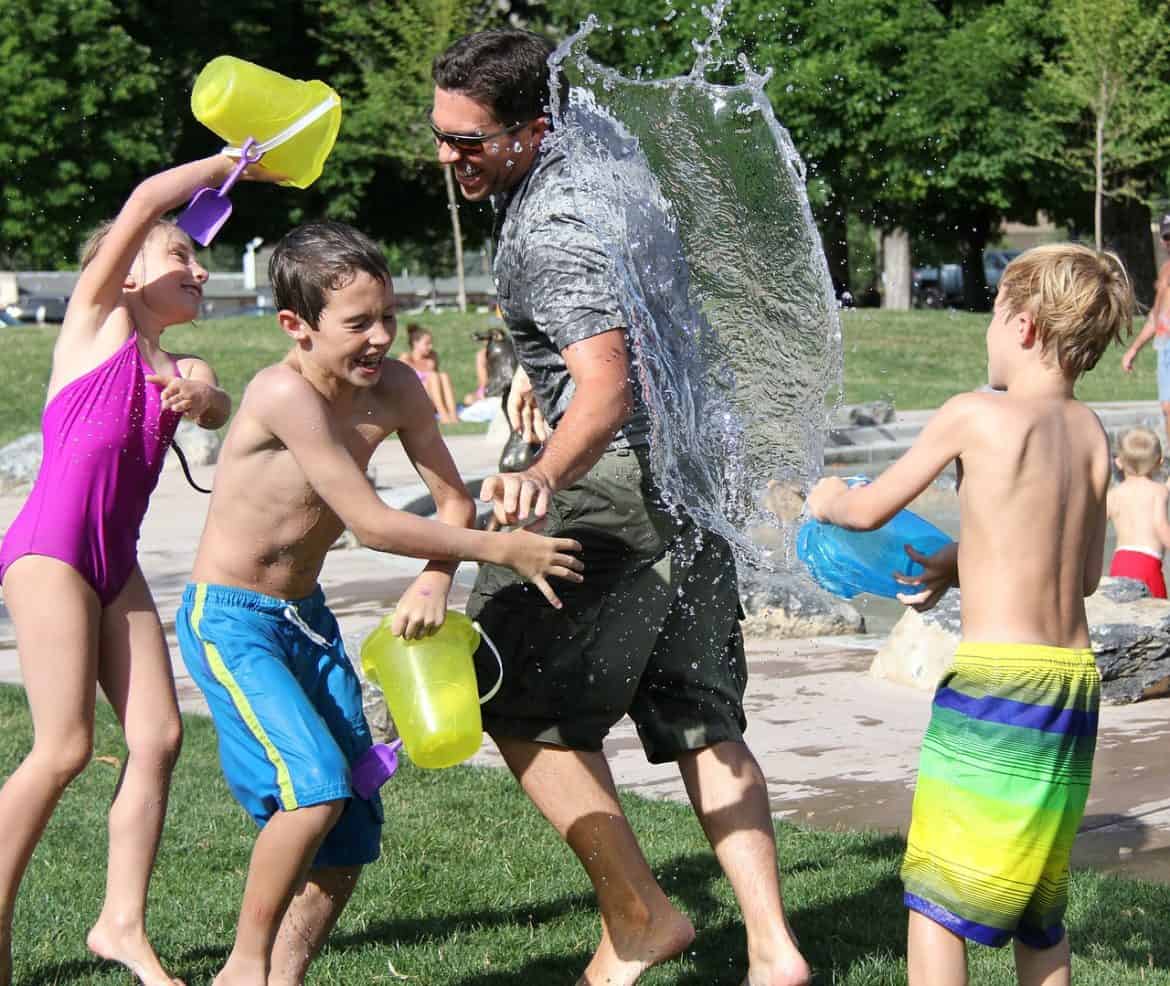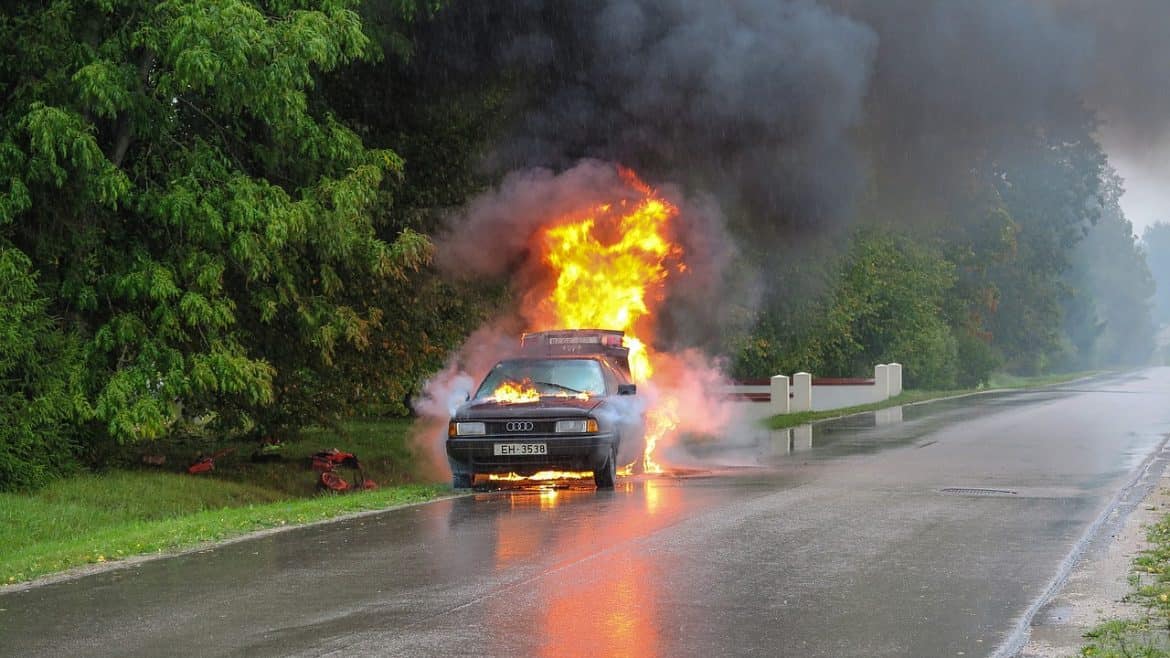When prepping for a disaster, it is important to understand all the different risks which can be faced. Also the effects those disasters can have. Looking after yourself during a tornado requires very different action to surviving a flood. Being prepared for different types of risk is crucial. You also need to understand the levels […]
Category: Preparedness Basic & Advanced
How to Make a Family Disaster Plan
A prearranged plan is easier, safer and more effective than reacting “from the hip” in what is by definition a life-or-death situation – especially in a multi-person household or business. Without a plan, you may have people going in as many different (and opposing) directions as you have people going. Because of this, making a […]
The Emergency Kit
Like having a disaster plan, having an emergency kit is as crucial as it is a function of common sense. How long does it take to throw together a couple of dozen items – versus grabbing a bag from a planned spot? Basic staple #1, food: at least a three-day supply of water (i.e., a […]
Dealing With Family That Doesn’t Understand Prepping
Any person who has begun to seriously prepare has had to make compromises between current wants and future needs, how much to spend on preparations, and how many people to stock supplies for. If you’re married, you need to have a spouse that shares your concerns or you’re going to fight over every no. 10 can the mailman delivers. I don’t need to go into detail on how much you should store, or how to store it or what makes the cut on your list of lists, as survivalblog.com has visited this issue in depth. The purpose of this article is to help communicate the need to prepare with those in your family that you want to help without alienating them, or downgrading your own preparedness plans.
100 Things to Disappear First In a Disaster
You might have seen this list floating around the internet. I don’t know who first created it. Nor do I know when. However, I thought it brought up some interesting points. I took the liberty of reformatting it when I found it skipped items 14 and 15. Additionally, I added a couple to make 100. […]





